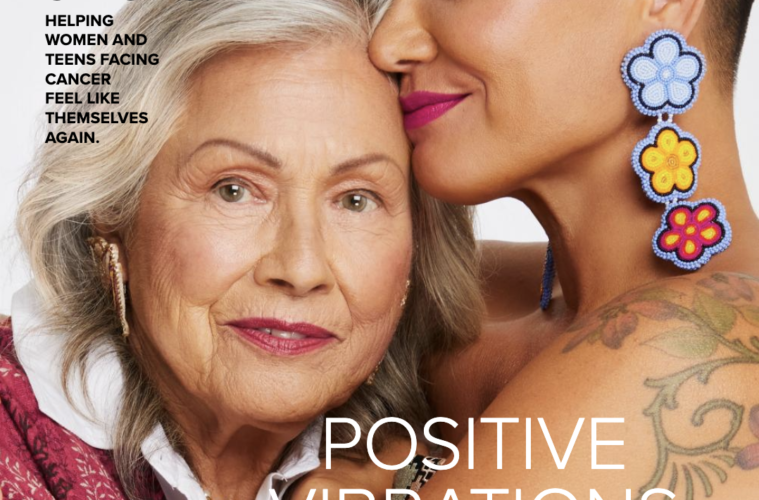In celebration of its upcoming 30th anniversary, and to help provide even more support and a sense of community to those facing cancer, Look Good Feel Better has relaunched its magazine in an accessible digital format.
The past year and a half have added an additional layer of challenge to people dealing with cancer treatment and their support system. Without much in-person support, it’s likely that they – and their caregivers – have felt even more isolated. The Look Good Feel Better digital magazine features a collection of personal stories, tutorials and heartwarming video content from women who have experienced cancer and experts in their fields.
It is filled with content on caring for the skin, haircare and scarf tying, advocating for yourself, talking to kids, managing work, and much more, the Look Good Feel Better magazine has something for everyone.
Look Good Feel Better has been empowering women facing cancer for 30 years. This interactive resource is filled with heartwarming stories, useful tips, and so much more!
Each of the magazine ambassadors has had a personal experience with cancer. They each give insight into the different situations a cancer patient has to face during their treatment.
Look Good Feel Better Ambassadors
Adriana Lombardo – Fitness After Cancer
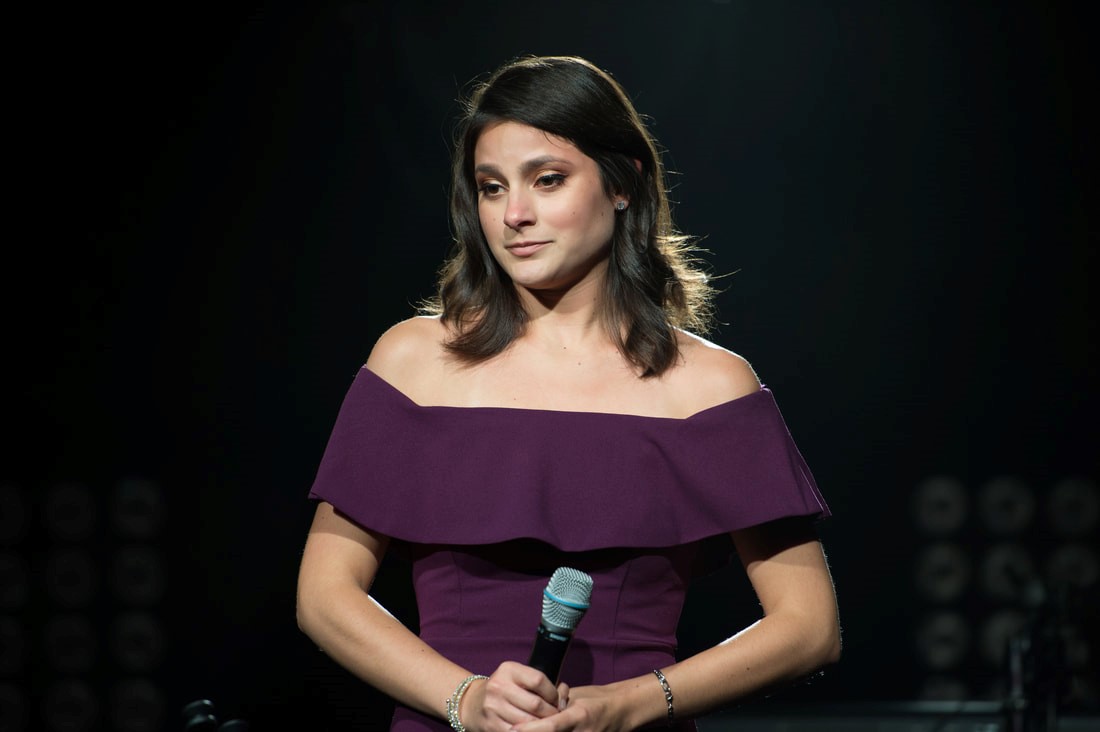
How does fitness change for someone after going through cancer?
After going through cancer treatment, many expect their fitness regime to resume as normal. That won’t be the case for many – it wasn’t for me. Our bodies change and what’s important is to understand the after-effects of the cancer treatment received. For example, one of the cancer-related effects I’ve had to learn to live with is fatigue. I’ve had to change my schedule in accordance with how I’m feeling and what my body is telling me. I didn’t exercise for the same amount of time I did pre-diagnosis when I first got back into exercise, and that took some time to accept.
Everyone is different in the sense of how long the cancer-related effects will last, but what is the same for everyone is that every day won’t be the same. Some days may be better than others, just like some moments may be better than others. What’s most important is to listen to your body and what it wants.
If your body is telling you to rest, then it is important that you rest. Cancer treatment changes a lot in how you feel physically, mentally, and emotionally and coming to understand these new normals and how to have a handle on them is something that takes time to learn. My advice for anyone looking to start back into a fitness routine after cancer is to have patience and be kind to yourself. It will take time to understand your body again after cancer treatment, but be proud of the progress you make each day – whether that be adding a few extra minutes on your cardio machine, or walking an extra block, or picking up a weight…all those count towards something.
Aisha Quashie – Talking to Kids About Cancer
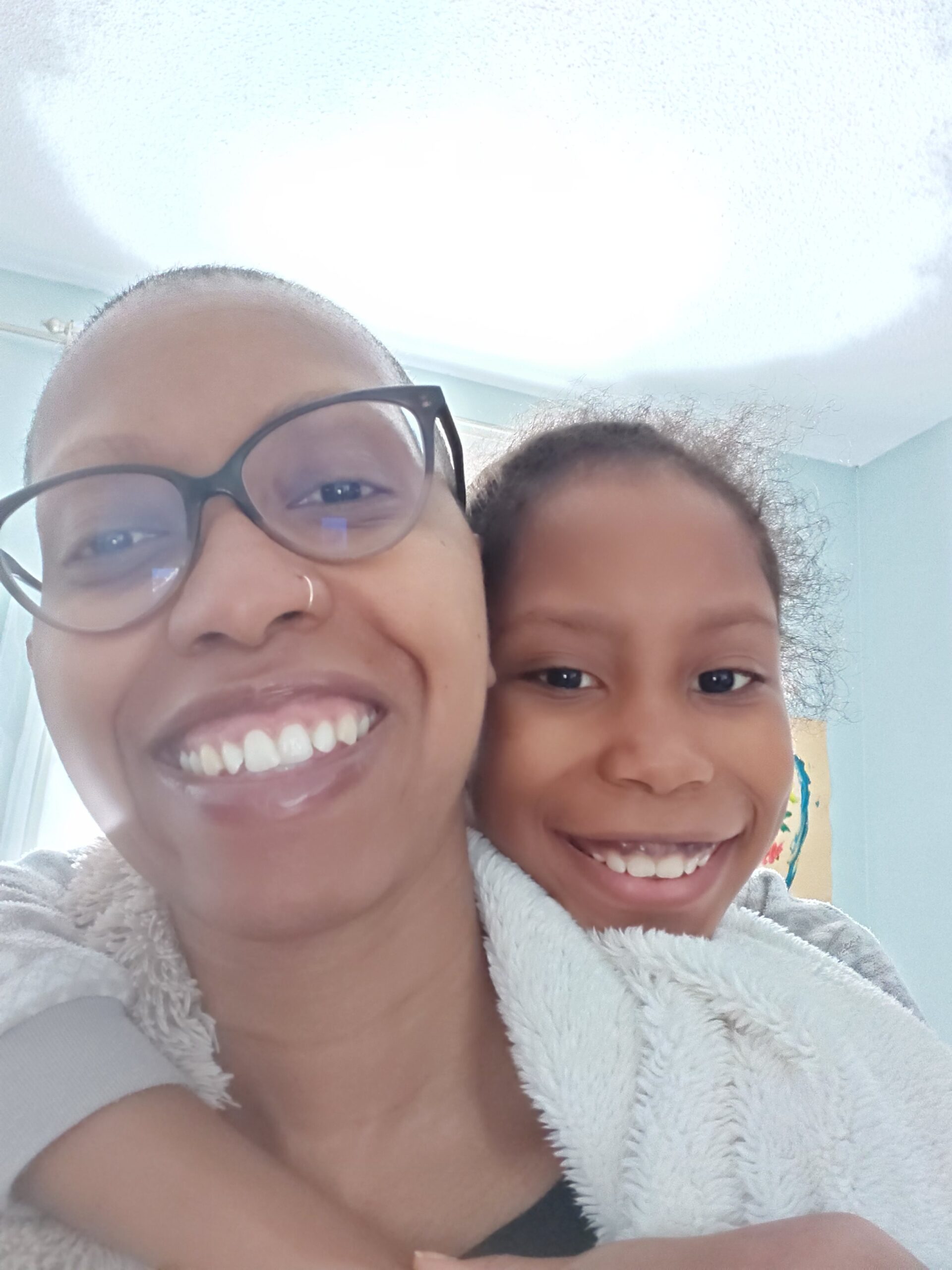
What is the hardest thing to face for a mother going through cancer?
The hardest thing to face for a mother going through Cancer is that there are some days you may not have the energy/strength to do things for and with your kids. You worry about the children seeing you in a weakened state. There were times when other family members had to step in place for me to attend an event, or to do day-to-day activities with the kids.
The smallest things I found myself relying on my kids for help. That was tough because I have always done so many things with the children and many times during treatment, I was not able to. The other hard reality to face is the thought of not being there to watch your kids grow up, this unfortunately is a reality for many. It is heartbreaking. Even though this process has been tough, at least my kids can do their own laundry, clean and be self-sufficient.
Frances Barnes – Going Back to Work After Cancer
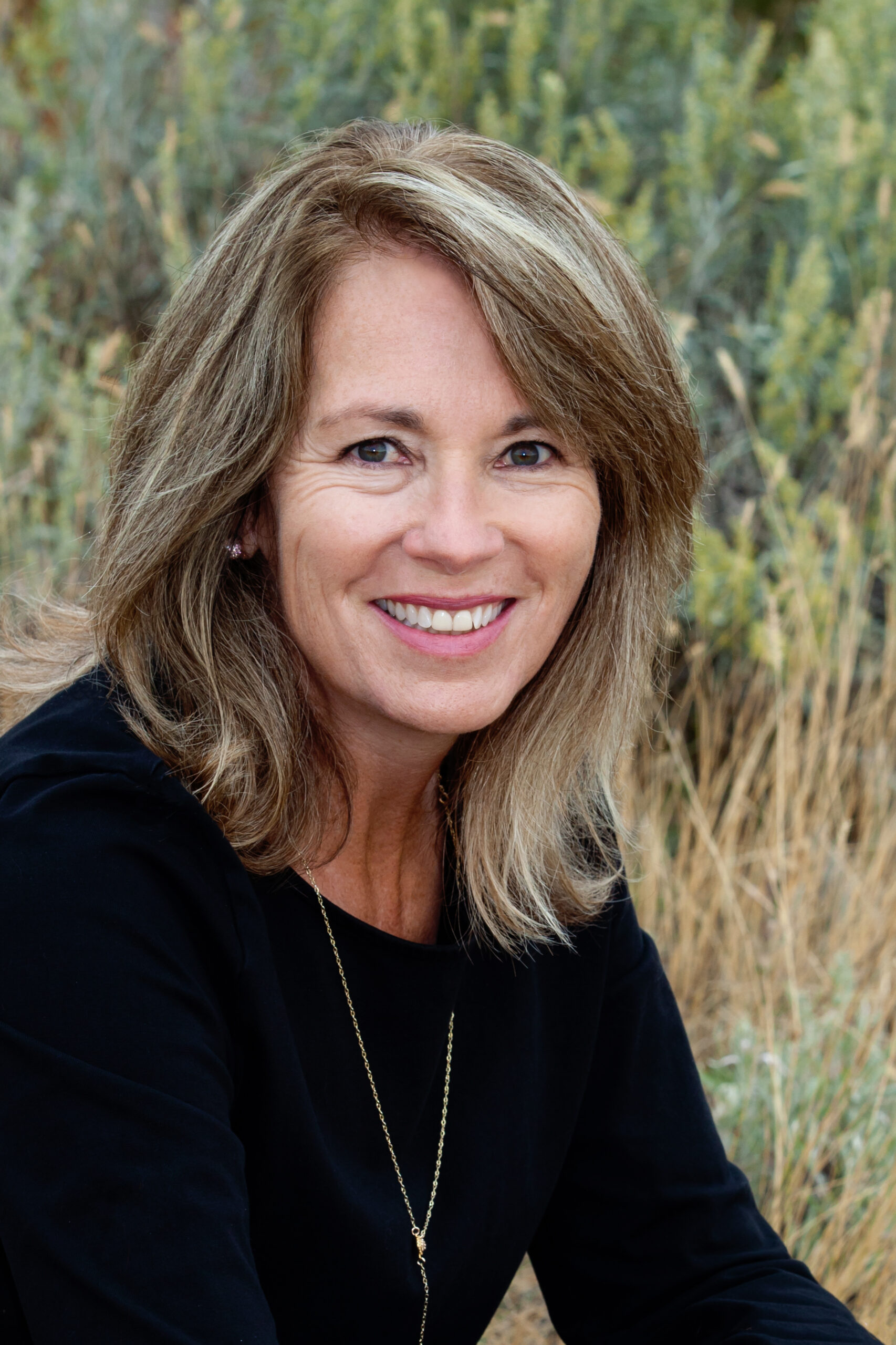
How can co-workers be supportive of someone going back to work after a cancer diagnosis?
This is an interesting question because there is no one-size-fits-all. So much depends on the person with cancer and your relationship with them. If you know them quite well then I’d suggest a welcome backchat and ask how you can support them. If you don’t know them very well, maybe just a welcome back email or visit. And if you don’t know them at all, nothing is probably necessary. In saying all of this, it really depends on the people involved and my advice is to take your lead from the person with cancer.
Louise Bell – Mental Health & Cancer
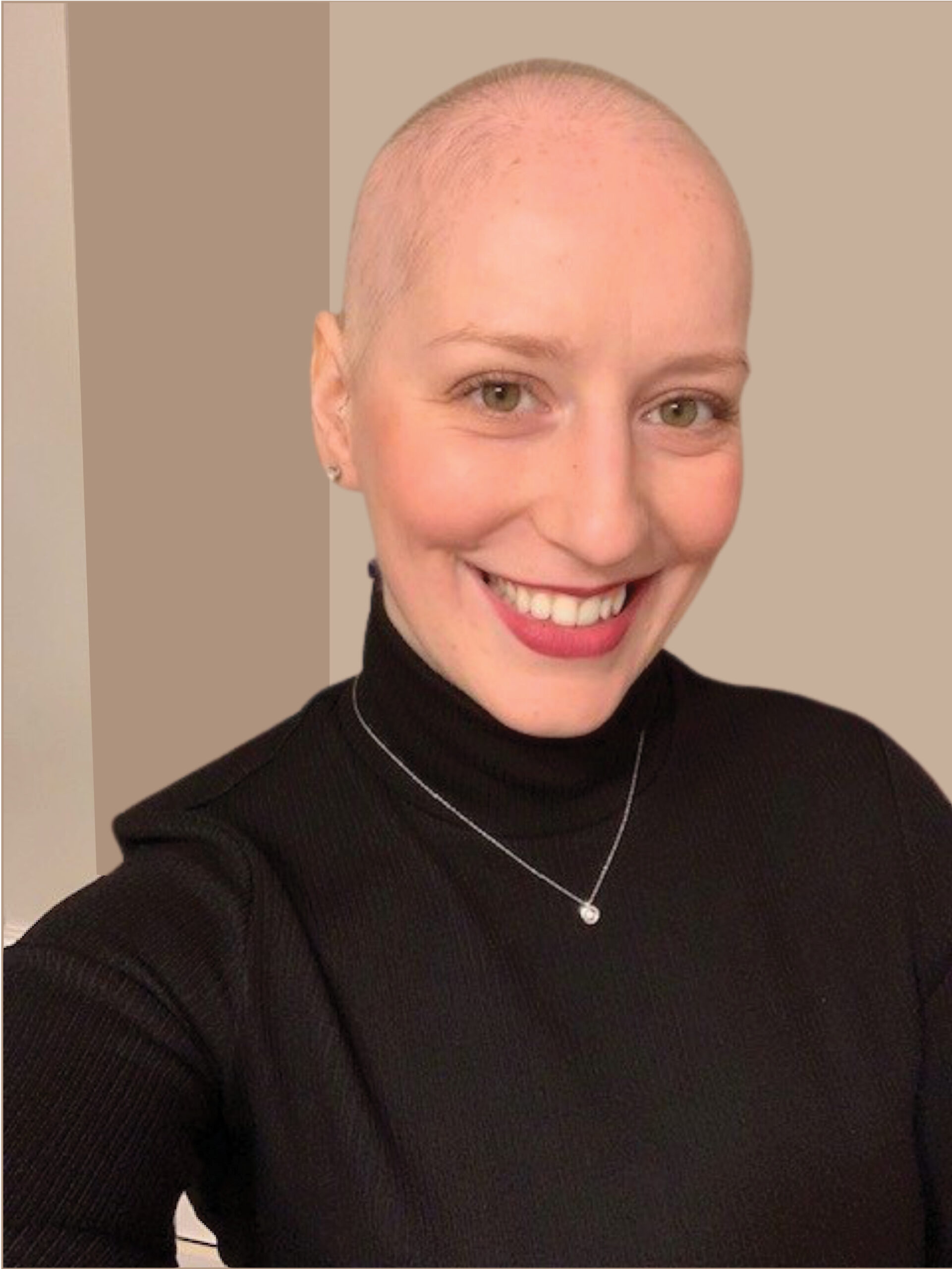
What is the role mental health plays in a patient’s cancer recovery?
Mental health has an integral role to play in a patient’s cancer recovery! Looking after our physical health is of course central to getting better, no doubt about that. But mental health is just as important. A focus on both is needed to ensure the best outcome. When you’re diagnosed with cancer, there’s very little you have control over: you have set appointments you go to, your physical appearance changes, maybe how people interact and treat you do too. Making sure you are focusing on and ensuring your mental health is in a stable place goes far in recovery.
Published by HOLR Magazine


